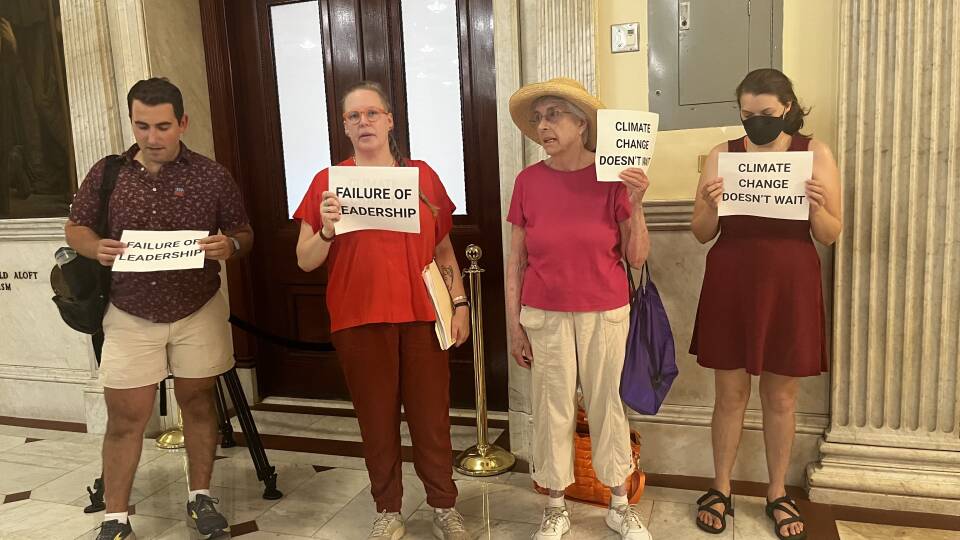Tuesday on GBH’s Boston Public Radio, Mayor Michelle Wu expressed disappointment that several petitions she’d sent to Beacon Hill had not been approved after the state Legislature met through the night last week ahead of a key deadline for passing significant bills.
“The structure of lots of what we see around here is part of the two-sided coin of what it means to be such a historic region,” Wu told Boston Public Radio Tuesday.
Some of the mayor’s top priorities were left unresolved, like temporarily allowing the city to raise commercial tax rates in order to offset revenue loss to the city and expanding the number of liquor licenses available in Boston.
State law caps the number of Boston liquor licenses, so city officials need the Legislature’s sign-off to make more available. Restaurant owners can buy a liquor license but doing so could cost them up to $600,000 — a challenge for new businesses.
Wu and city councilors last fall asked Beacon Hill to approve a total of 250 new liquor licenses, earmarked to specific neighborhoods.
“Certain neighborhoods [are] actively effectively denied the ability to have more sit-down restaurants,” Wu said. “It means you need to have extraordinary resources just to get in the game.”
The mayor also expressed frustration that the Legislature did not push through her proposal to shift some of the property tax burden away from residents to businesses.
“I am still very disappointed that we are in this place,” Wu said.
The House and Senate are currently scheduled to meet for the rest of the year in informal sessions, where typically only non-controversial bills can pass. One of the lead negotiators on the liquor license negotiation, Sen. Will Brownsberger, said last week he believes the Senate and House will be able to get a final bill done, but didn’t put a timeline on it.






